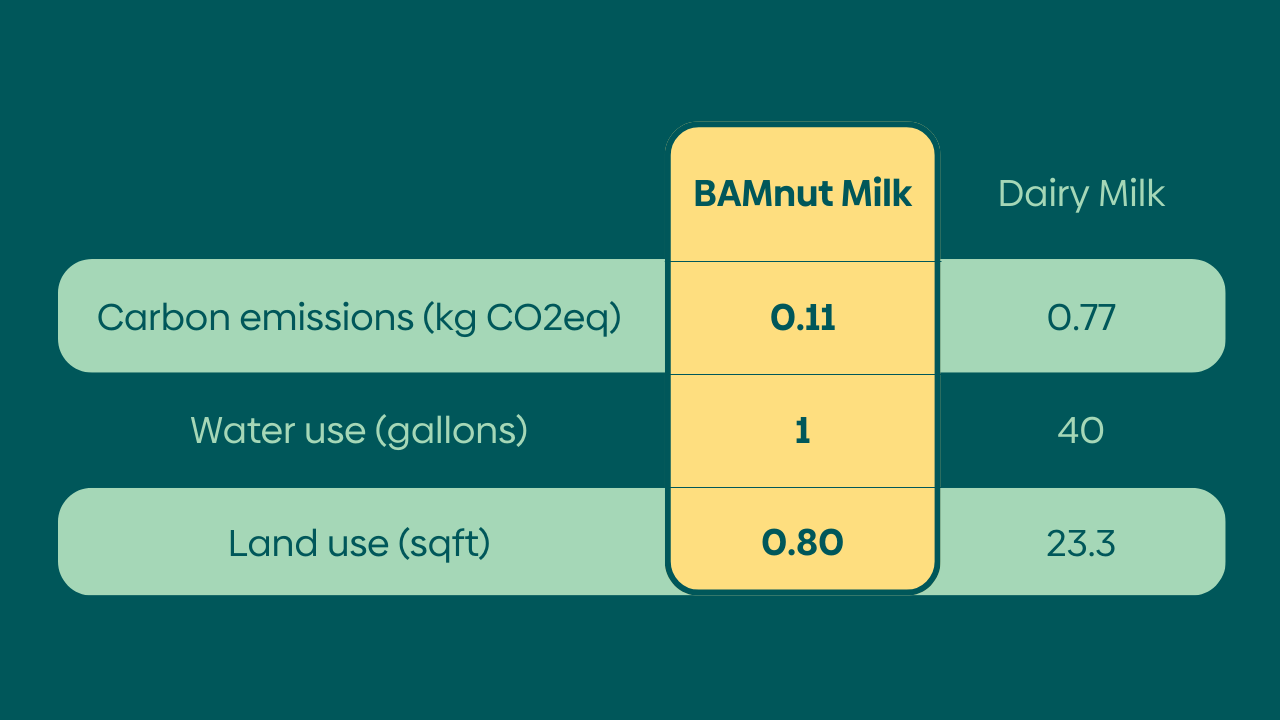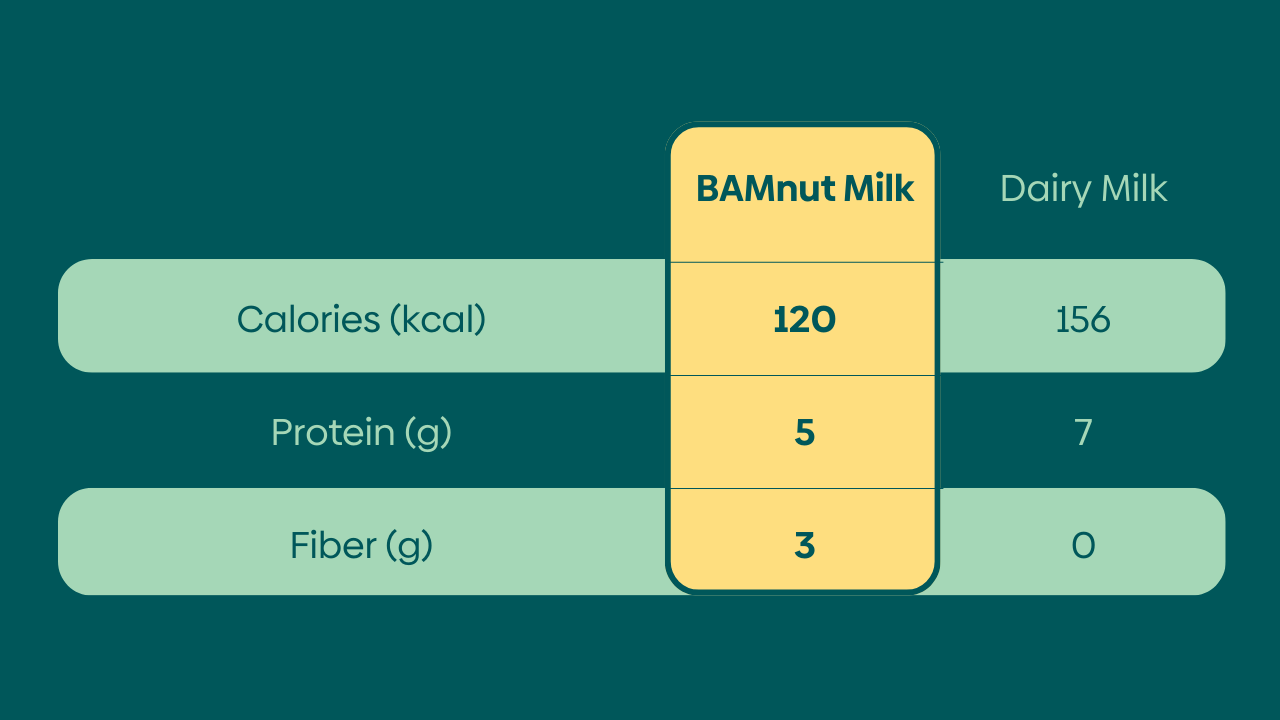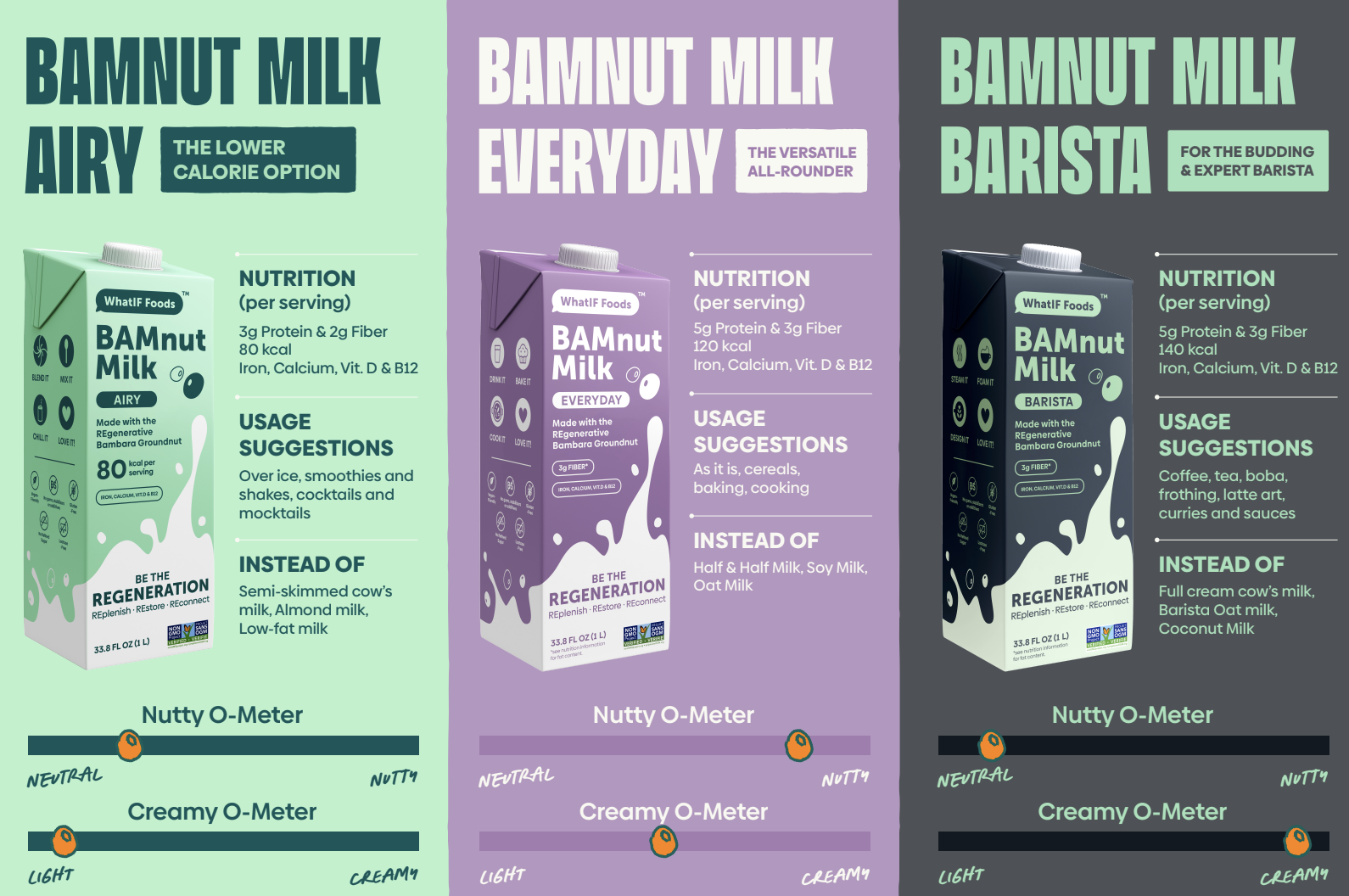Although cow’s milk is meant for the growth and nourishment of newborn calves, it is widely consumed by humans due to high levels of essential nutrients, vitamins and minerals. The production of cow’s milk has an extensive history that dates back to over 12,000 years ago. Before the 20th century, dairy farming used to be a manual and labor-intensive process where small-scale, family-owned operations were the norm, and the industry's growth was largely constrained by these traditional methods.
However, over the centuries, technological advancements and changing consumer demands have driven the evolution and industrialization of the dairy industry. While this widespread industrialization has significantly increased the output of dairy products, it has also raised concerns about environmental impact and animal welfare.
One of the biggest problems associated with this mass industrialization is water usage: a single glass of cow's milk requires a whopping 64 gallons of water to produce. From the water required to hydrate the cows to the vast amounts needed for growing their feed and processing milk, the environmental toll is undeniable.
Where the Happy Cows Graze
You might ask: Is the solution just as simple as getting rid of cows? Nope.
Cows are actually great in a regenerative farming ecosystem because they play an important role in maintaining and restoring soil health. When they graze, they end up trampling biomass into thatch, an organic layer of decomposed matter that helps to cover and protect the soil.
So how can we have milk that is as tasty and nourishing as cow's milk, and contributes to a regenerative farming ecosystem that keeps the cows and the planet happy? Luckily for you, we have a solution.
Dairy Replacement Comparisons
Enter BAMnut Milk: a planet-based milk that's better for the planet and better for you.
Environmental Comparison

Compared to a single glass of dairy milk, producing a single glass of our planet-based BAMnut milk takes only:
- 1/7th the amount of carbon emissions
- 1/40th the amount of water
- 1/30th the amount of land
That's not all. Because BAMnuts are made from Bambara groundnuts, which are a regenerative legume, this means they give back to the soil that they grow in. This hardy wonder crop not only thrives with very little water and poor soil, but also leaves behind valuable organic matter that improves soil health, which brings back biodiversity and promotes a healthier eco-system.
Nutritional Comparison

Compared to a single glass of dairy milk, a single glass of our planet-based BAMnut milk contains:
- Comparably high protein levels
- High fiber levels
- Less calories
Plus, our BAMnut milk is fortified with Calcium, Vitamin D2, and Vitamin B12 to ensure that you're not missing out on these crucial vitamins and minerals in your diet.
Taste Comparison
BAMnut milk's strength is in its perfect creaminess and fantastic versatility. Use it to make your coffees, teas, cereals, overnight oats, smoothies, pancakes, brownies… practically anything that you would normally use dairy milk in! We even made 3 different types of milk just to make sure we covered everything you could possibly think of:

In a Nutshell :-)
Through the mighty power of regenerative Bambara groundnuts, our BAMnut milk is just as nutritious and tasty as dairy milk while restoring degraded soils and conserving our water sources. So, what are you waiting for? Get your hands on a pack of our plant-based BAMnut milk today and support our mission to create a Better Better.
What's next?
Read all about the mighty BAMnut and its journey to your kitchen here.
Learn more about the show-stopping nutritional profile of BAMnut here.
Discover how biochar plays an important role in reducing our carbon footprint here.
Find out how we create a Better Better with our partner farming communities here.

.png?v=1703248668414&options=)


